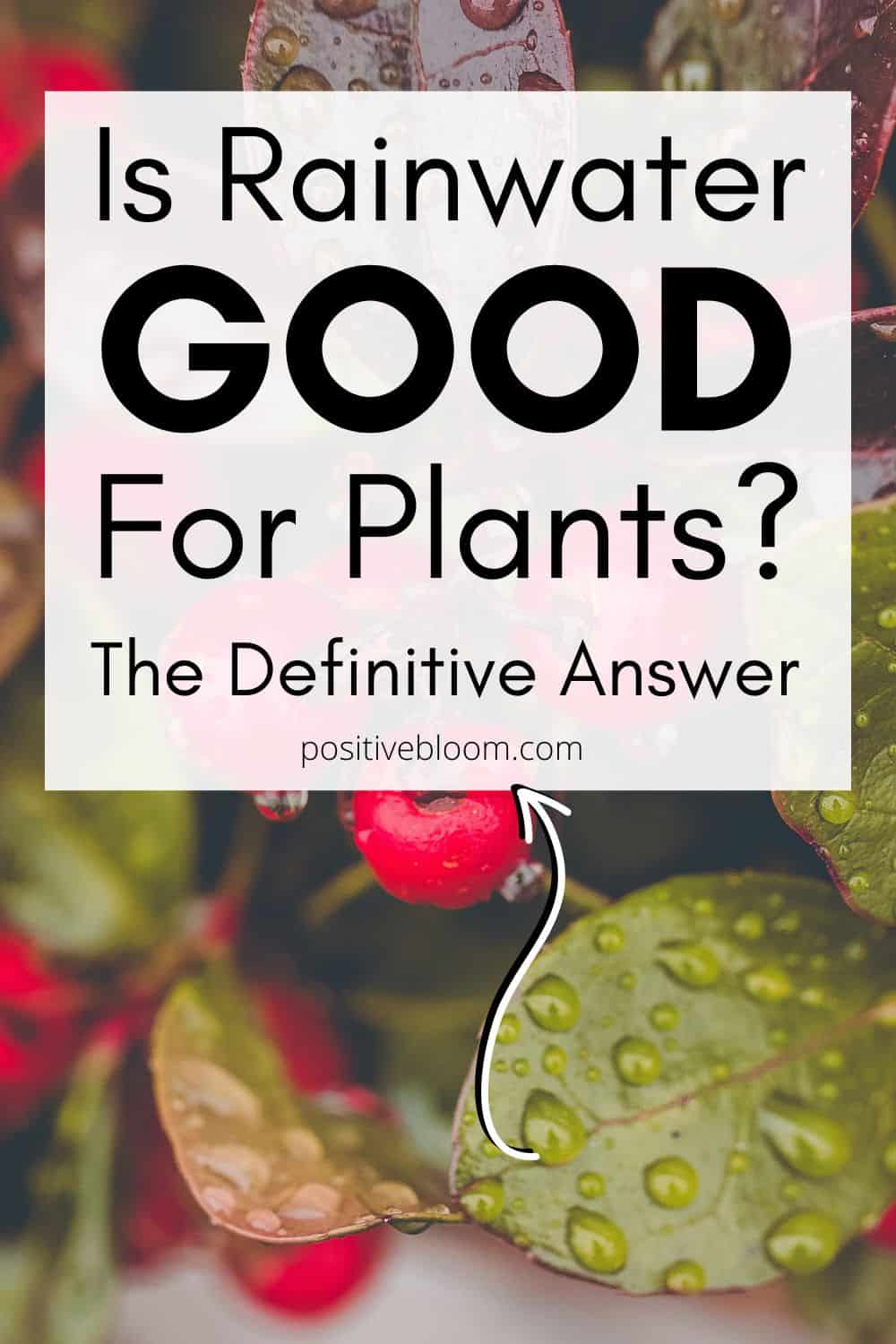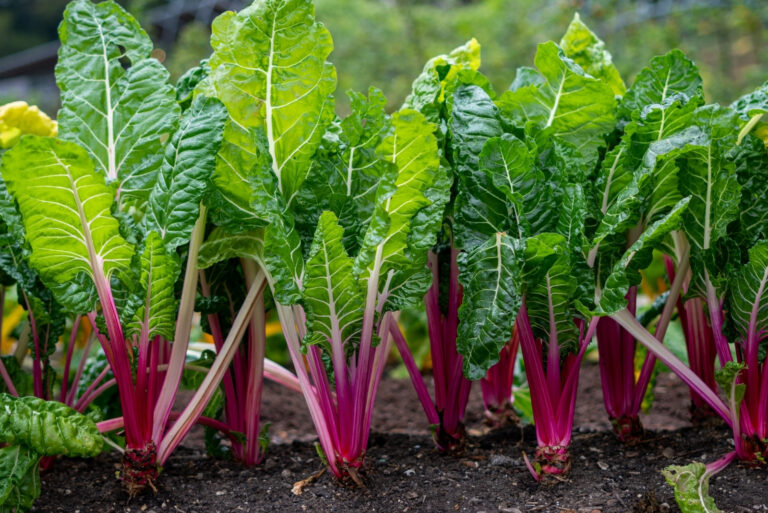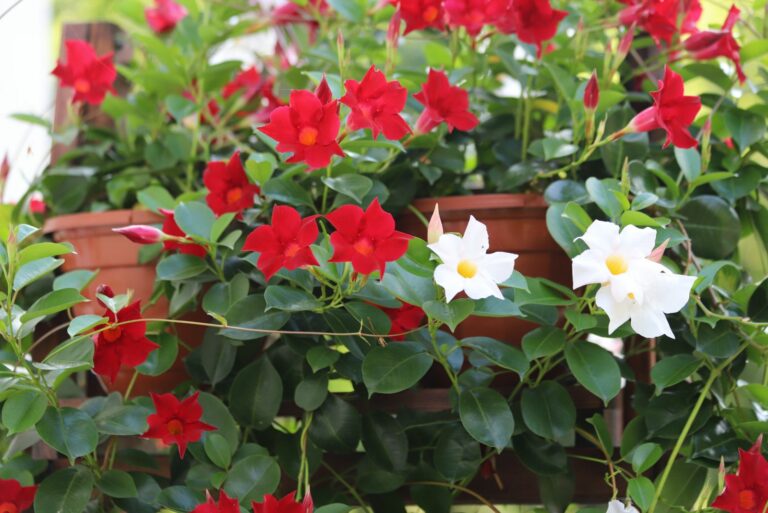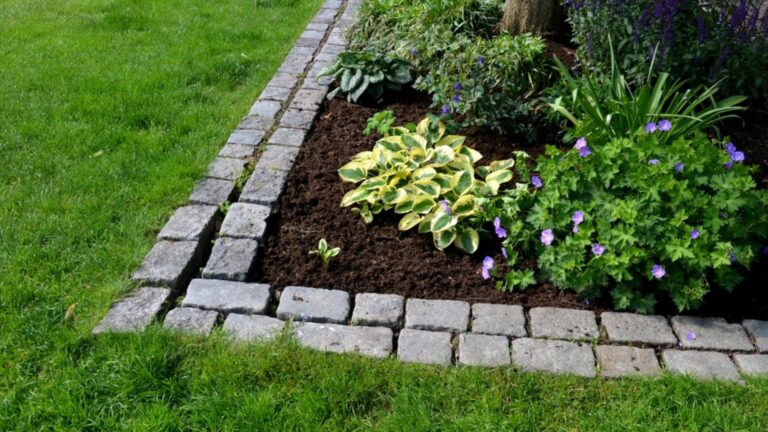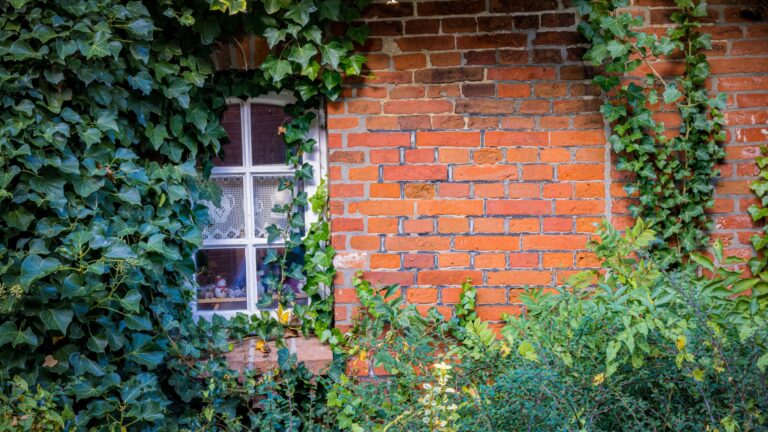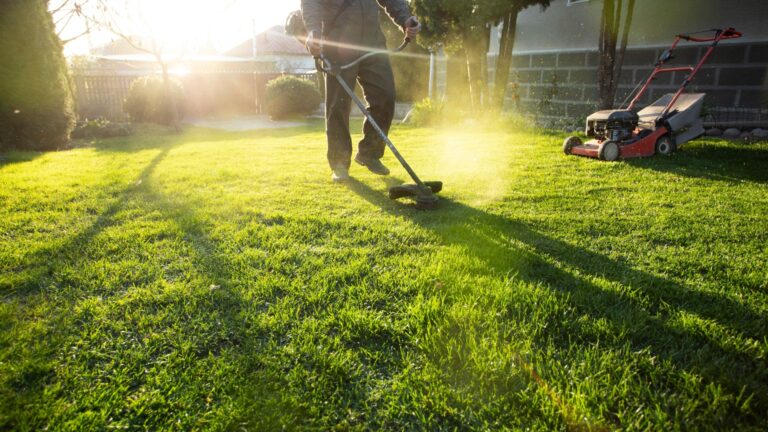Is Rainwater Good For Plants? The Definitive Answer
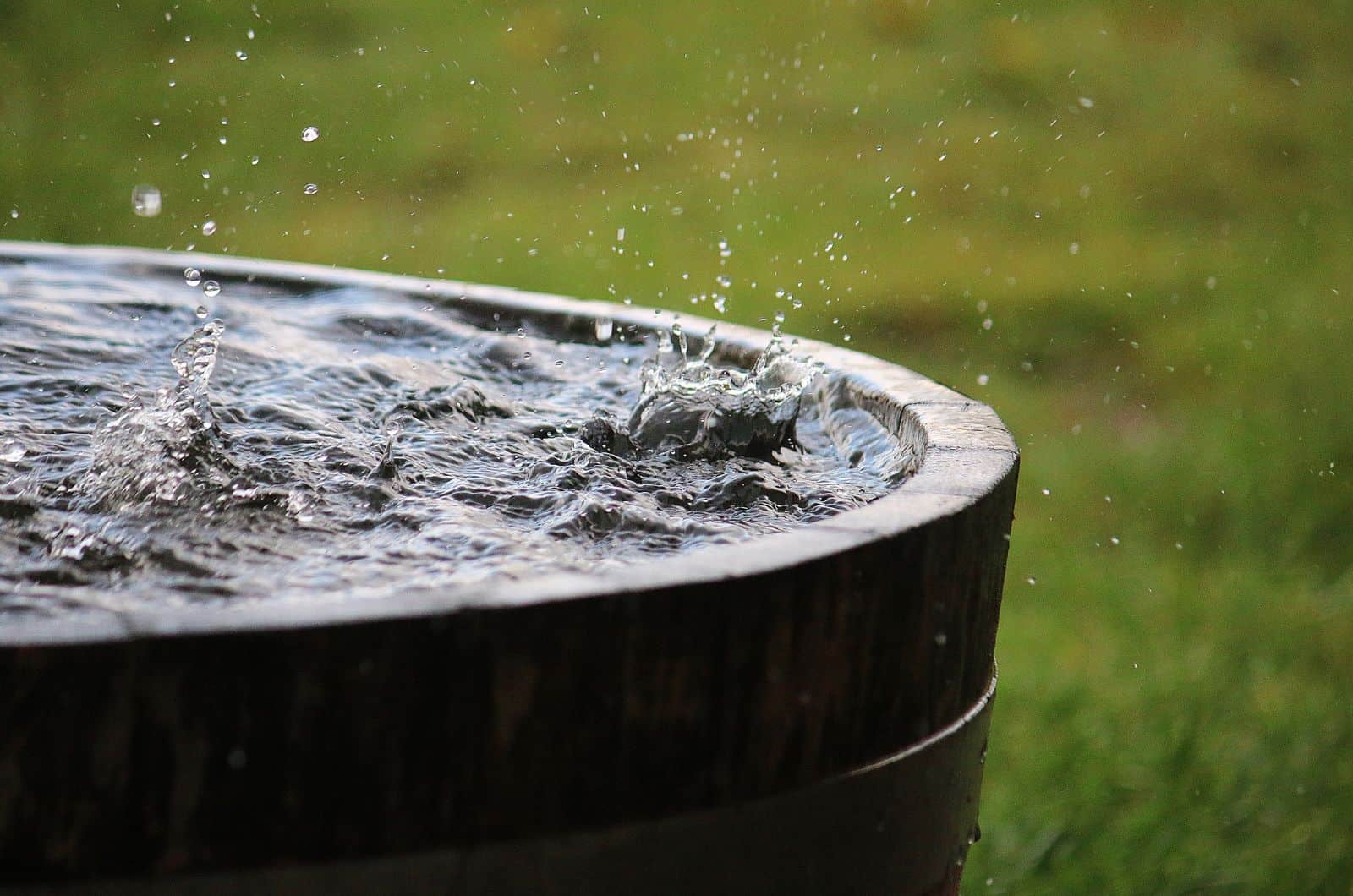
Watering is an essential part of plant care. We must know when and how to water our plants, but there are two other things that also matter – water type and temperature.
There has been much discussion about the best water type for plants. Some growers use tap water, while others suggest alternatives like rainwater and distilled water.
In this article, I’ll answer the question: Is rainwater good for plants? I’ll show you the features of this water type and how to collect it in case you do decide to use it.
Let’s get started!
Is Rainwater Good For Plants?
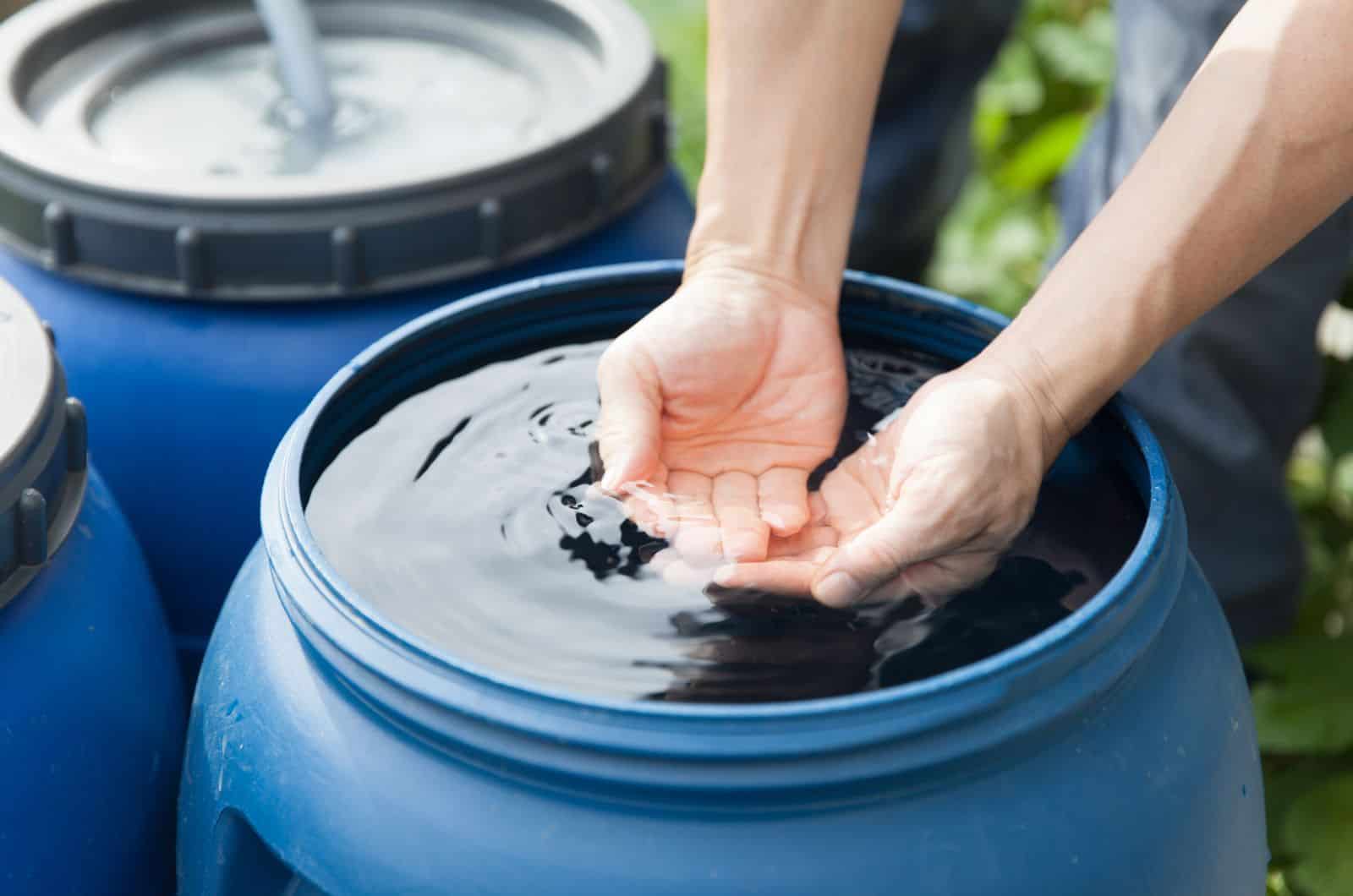
There is only one answer to this question, and it’s YES! Rainwater is good for plants. There’s a simple reason for it; indoor plants receive rainwater in their natural environment, so it’s really no wonder they respond well if watered with it.
Let’s find out what’s in rainwater and its properties.
Rainwater contains ammonia, nitrates, nitrogen, and nitrogenous substances. These components come from lakes, oceans, seas, and similar water reservoirs.
This water type also contains CO2, which aids photosynthesis. In some areas, the level of carbon dioxide is high, which makes the rainwater acidic.
Let’s find out how these features affect plants.
Benefits Of Using Rainwater
I’ll show you some benefits of using rainwater that relate to all plants, including potted ones.
Let’s see why rainwater is the best water type for plants.
Rainwater Is Soft
The first benefit is that this water type is completely soft. Municipal water contains salts, minerals, and treatment chemicals, and rainwater doesn’t contain any of these.
You may have heard of salt buildup in the soil. All plants hate these residues, and will display poor growth over time if exposed to them.
Soil and chemical buildup highly affects potted plants, primarily houseplants. Rainwater can help remove harmful contaminants from your soil and restore its health.
Rainwater Is Slightly Acidic
This water type is slightly acidic. Master gardeners are aware of the fact that the majority of plants prefer pH levels from 5.5 to 6.5. Therefore, rainwater is the perfect water type for plants that grow well in acidic soil.
The pH range of municipal water is from 6.5 to 8.5. This pH is beneficial, but only for metal pipes because it prevents them from corroding and leaching.
The water from washing machines, sinks, or showers tends to have an even higher pH – up to 10.5. This is because of the different soaps and detergents we use in households.
Rainwater Contains Organic Matter
Although it’s not much, rainwater contains organic matter. This refers to rainwater we collect; rainwater is exposed to bird droppings and pollen, which are great for the growth of plants.
A rain barrel contains beneficial organisms that act as light fertilizers. Therefore, you don’t need to feed your plants as frequently as you would if you’re not using this water type.
Rainwater Contains Macronutrients
This water type contains the most accessible form of nitrogen – nitrate. Nitrogen is an essential macronutrient for the growth of plant’s leaves.
Most plants can’t uptake all forms of nitrogen. Nitrogen and oxygen combine to generate nitrates that enhance uptake.
Plants uptake the nitrates from the soil, so if you water your plants with rainwater you ensure better nutrient absorption.
Rainwater Is Cost Effective And Conserves Water
We all need to pay more attention to our water usage. We save municipal water by using rainwater.
Municipal water must go through different treatments, which often cost a lot of money. We reduce costs and contribute to the community by using rainwater.
If we combine this with all the other benefits of rainwater, there’s no reason not to use it!
The Disadvantages Of Rainwater

This heading might contradict the sentence I just wrote about there being no reason not to use rainwater, but the disadvantages of rainwater are negligible, in that if you pay attention to certain things it’ll never be a problem.
Rainwater may contain debris or insects, such as mosquitos. You can prevent it by using clean containers and covering them.
Some plastic containers release fumes that could be dangerous, so metal containers are probably a better choice. I’ll discuss rainwater collection later.
Concerns have been raised about rainwater from roof regions. If you water plants with this water, you risk zink, copper, and lead accumulation in the soil.
However, you can clean the rain barrel with bleach once a month to decrease the percentage of harmful bacteria.
Rainwater vs Tap Water
I mentioned that rainwater is soft, which is the first reason to use it instead of tap water. Hard water contains too much calcium and magnesium, and their buildup in the root zone can severely affect plants.
Most houseplants and garden plants won’t die or suffer from poor growth if you water them with tap water.
However, some plant species are highly susceptible to fluoride and chlorine toxicity, and will display poor growth and changes in appearance.
Rainwater doesn’t contain these substances, but it’s also free of pharmaceuticals found in municipal water.
Just water two plants, one with tap water and one with rainwater, and you’ll see the difference. Rainwater will make your plant greener, and you’ll have a green thumb all of a sudden!
You should use tap water if you live in a polluted area because pollutants like sulfur dioxide and nitrogen oxide may create acid rain.
You can check if your rainwater is safe for use by performing a pH test. Don’t use rainwater if the pH level is around 4.0 or if an unpleasant smell comes from the container.
How To Collect Rainwater
The most common method of collecting rainwater is by using gutters, and we refer to this as rainwater harvesting.
You can simply place a rain barrel at the bottom of your gutter and it will collect enough water after a rainstorm.
You can use your balcony for rainwater collection if you don’t have a backyard. Placing a few jars on your balcony can collect enough water for your houseplants. Alternatively, you can use a small water harvester.
If you don’t have a balcony, just place a few cups or jars outside your windows. Although the amount of water will be small, it’s enough for houseplants in most cases.
Wrapping Up
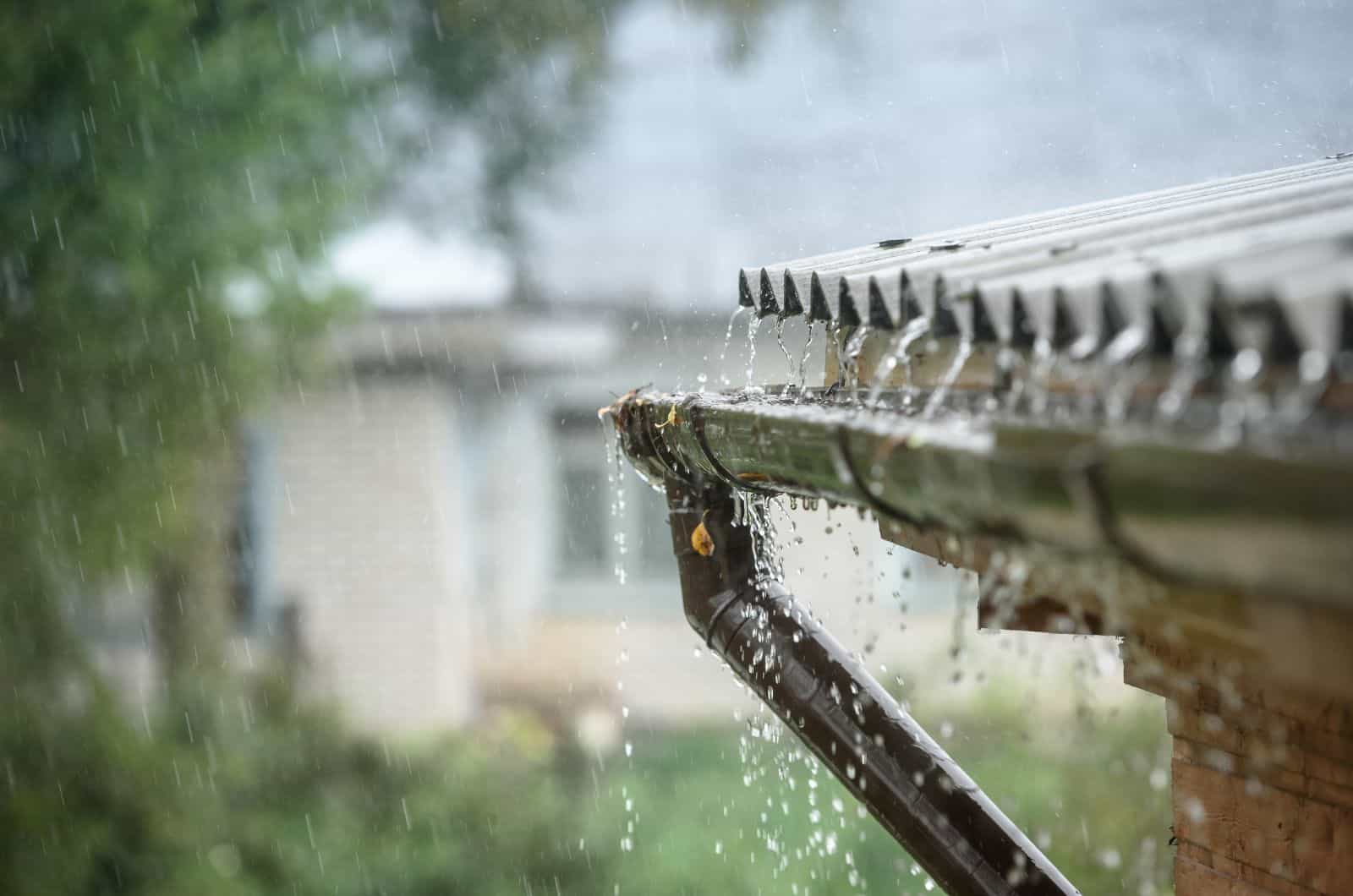
Is rainwater good for plants? Yes, it’s an excellent water source for plants for many reasons. It’s slightly acidic, non-toxic, contains small amounts of organic matter and macronutrients, conserves water, and is cost-effective.
Your plants will flourish if provided with this water type, and their leaves will be greener than ever! However, you must devise a watering schedule that suits the plant species you grow and use room temperature water.
Until next time!
Like this post? Share or pin it for later!
